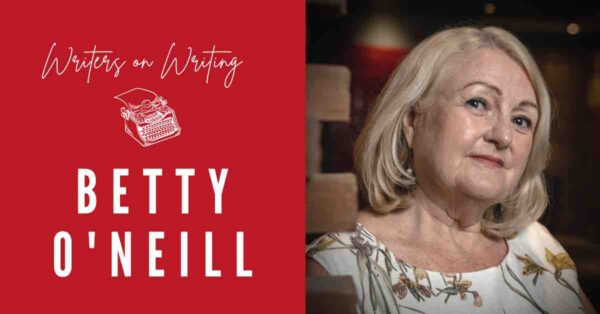
How did you discover your passion for writing family history?
In a writing workshop! I was working on something completely different but we were given an exercise that made me realise I knew very little about my father and nothing about his side of the family. He had disappeared when I was a toddler, turned up for a brief period when I was nineteen and then disappeared again. With my curiosity aroused, the search began and so did my interest in family history. I became a detective searching for clues and evidence. I uncovered secrets and lies, stories of stolen money and hidden gold and more importantly, an understanding of why my father made the decisions he made.
Researching family history involves a lot of digging through the archives. How do you turn these facts and snippets into stories that others will want to read?
Before you begin to craft your stories for others, you first need to decide on who the ‘others’ are. Who are you writing for and what is the best way to publish what you have discovered for those readers? Not everyone wants to write a book for a broader public audience. Many family historians publish just for their families and use all sorts of media to do so. There is a wonderful opportunity in this crafting stage to use all your creative juices, to have fun and document your family stories using sound storytelling techniques. After all, you don’t want all your wonderful research to be reduced to a list of dates, events and a family tree that languishes in a bottom drawer or on your laptop.
What’s your advice for uncovering and dealing with difficult subject matter?
Preparing yourself for the likelihood of uncovering difficult subject matter and putting some support mechanisms in place is my best advice. That support might be family members or friends you can talk with, other family historians and genealogists, being a member of a genealogy/family history group and sometimes you might need some counselling support if you are investigating traumatic events. Uncovering family secrets can be quite a shock and not all stories have the ending we might have been looking for, so managing our expectations is also important. Secrets are usually kept for a reason – mostly to protect people from hurt, scandal, humiliation or shame and are also governed by the context and sensibilities of the era. And then comes the decision about what to do with that information. This can be quite straightforward or may raise ethical questions for you to consider, weighing up the pros and cons of revealing the information you have found.
Why write family history?
Motivations for writing family history vary enormously. You may want to leave a legacy for the generations to come; you may just enjoy writing creative non-fiction that is personal or you may want to share an understanding of the lives of ancestors who didn’t have a voice or get to tell their story.
Family history certainly helps us to develop empathy and understanding. Knowing what shaped our ancestors helps us understand what has shaped each of us. My plan for our workshop is to give people the confidence to write their family stories in whatever media, genre and style they choose, turning their research into an engaging and compelling narrative that illuminates the past.
Join Betty’s workshop, Writing and Publishing Family History, on Saturday 3 September 2022, 10am-4pm. Enrol here.

If you want to be the first to read great advice from our incredible tutors, subscribe to our weekly e-newsletter Newsbite.
More from Writing NSW
Check out our full range of in-person writing courses in Sydney, our online writing courses and our feedback programs to see how we can help you on your writing journey. Find out about our grants and prizes, as well as writing groups across NSW, and sign up to our weekly newsletter for writing events, opportunities and giveaways.
